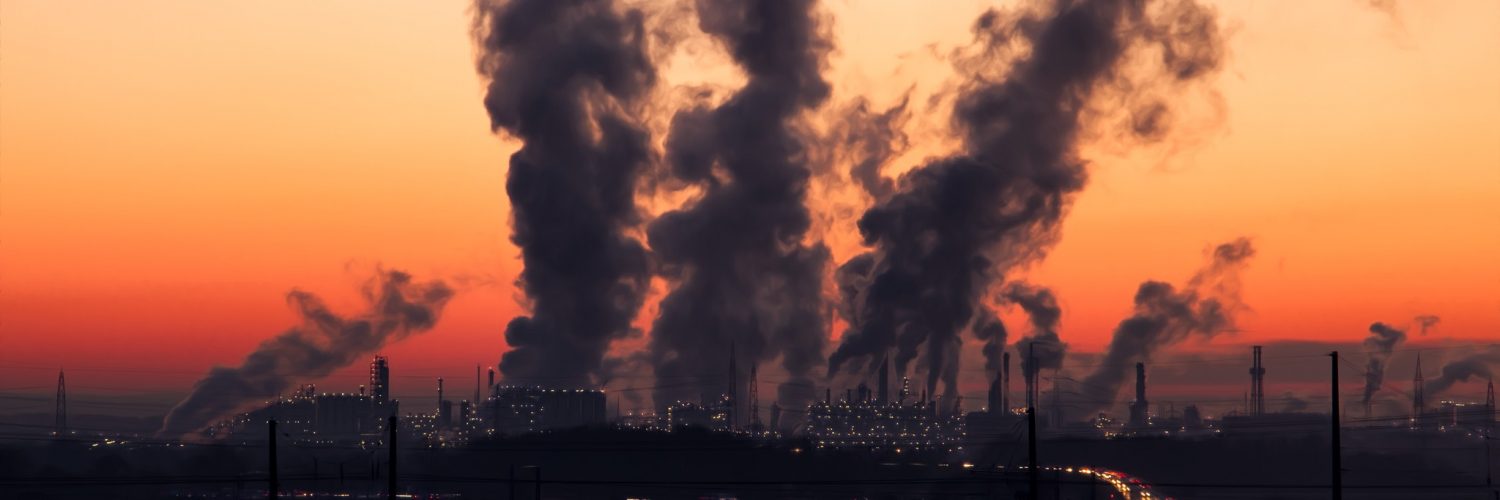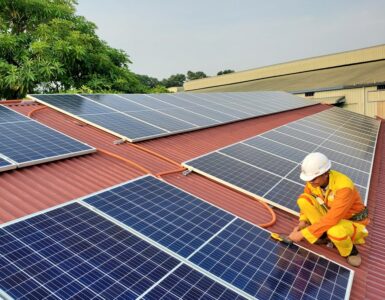From powering our homes to enabling industries, from transporting people to moving goods, many of the conveniences and capabilities we take for granted would not be possible without energy.
Energy is essential for nearly every aspect of modern life, and most of it is produced by burning fossil fuels like coal, oil, and natural gas. These methods of energy production have varying impacts on the environment, cost, and society.
While energy is vital for human progress and development, it is essential to use it responsibly and efficiently to minimize adverse environmental impacts and ensure a sustainable future for future generations.
Here are some compelling reasons to save energy and prioritize power conservation.
1. Environmental Conservation
There is a broad scientific consensus that human activities, mainly burning fossil fuels, increase the concentration of greenhouse gases that trap heat in the Earth’s atmosphere, contributing to global warming.
Therefore reducing energy consumption helps lower greenhouse gas emissions and other pollutants that contribute to climate change and air pollution. By conserving energy, we can mitigate the negative impacts of global warming, protect ecosystems, and preserve biodiversity.
2. Climate Change Mitigation
Most energy production relies on fossil fuels, which release carbon dioxide and other greenhouse gases when burned. These gases trap heat in the Earth’s atmosphere, leading to global warming and climate change.
By using less energy, we reduce our carbon footprint and contribute to slowing down the pace of climate change.
3. Natural Resource Preservation
Many energy sources, such as coal, oil, and natural gas, are finite and non-renewable, typically extracted through mining and excavating. These activities often lead to destroying the natural biosphere and ecology.
Conserving energy helps extend the lifespan of these resources, delaying the depletion of valuable fossil fuels and reducing the need for environmentally damaging extraction processes.
4. Energy Security
Dependence on imported energy resources can create a nation’s energy supply vulnerabilities. Many countries depend entirely on external energy sources, making them vulnerable to geopolitical tensions, wars, and calamities.
By using energy more efficiently and diversifying energy sources, countries can enhance their energy security and reduce the risks associated with supply disruptions.
5. Economic Savings
Energy is one of the most significant expenses for households, businesses, and industries. High energy bills for families sometimes impact their other vital decisions like education and health.
Individuals and organizations can save money and allocate resources to other priorities by using less power and taking steps to save energy. Energy-efficient technologies and practices can create new economic opportunities and jobs in renewable and green technology sectors.
6. Improved Air Quality
Burning fossil fuels for energy production, vehicle movements, and manufacturing goods releases harmful gases and pollutants into the environment, contributing to smog and poor air quality.
By using energy judiciously, we reduce the emissions of harmful pollutants, leading to healthier air and improved respiratory health for individuals.
7. Health and Wellbeing
Higher temperatures due to global warming and air pollution can lead to heat-related illnesses and exacerbate existing health conditions, particularly for vulnerable populations like the elderly and children.
Whether at an individual level or an industrial scale, if we can save energy, it will help in mitigating the harmful consequences of climate change and pollution.
8. Less Energy Waste
Inefficient energy use results in wasted resources. By adopting energy-efficient appliances, vehicles, and building designs, we can make the most of the energy we generate and reduce unnecessary waste.
9. Technological Innovation
The pursuit of energy conservation drives research and development in energy-efficient technologies and renewable energy sources. This innovation can lead to technological advancements, job creation, and sustainable economic growth.
Recently, many technological inventions have been happening in energy conservation, energy storage, and renewables.
10. Reduced Strain on Infrastructure
Lower energy consumption reduces the strain on power generation, transmission, and distribution infrastructure. This can lead to improved grid reliability, fewer power outages, and decreased investment needs for expanding energy infrastructure.
11. Global Responsibility
Energy conservation is a shared responsibility that contributes to the well-being of present and future generations. By making conscious choices to save energy, we leave a more sustainable planet for future inhabitants.
Wrapping Up
Overall, saving energy is critical to achieving a more sustainable and resilient future for human societies and the natural world.
In addition, transitioning to cleaner and more sustainable energy sources like wind and solar is a crucial goal in addressing energy needs and environmental concerns. As technology advances, new energy production and storage methods continue to emerge, shaping the future of how we generate and utilize energy.







Add comment